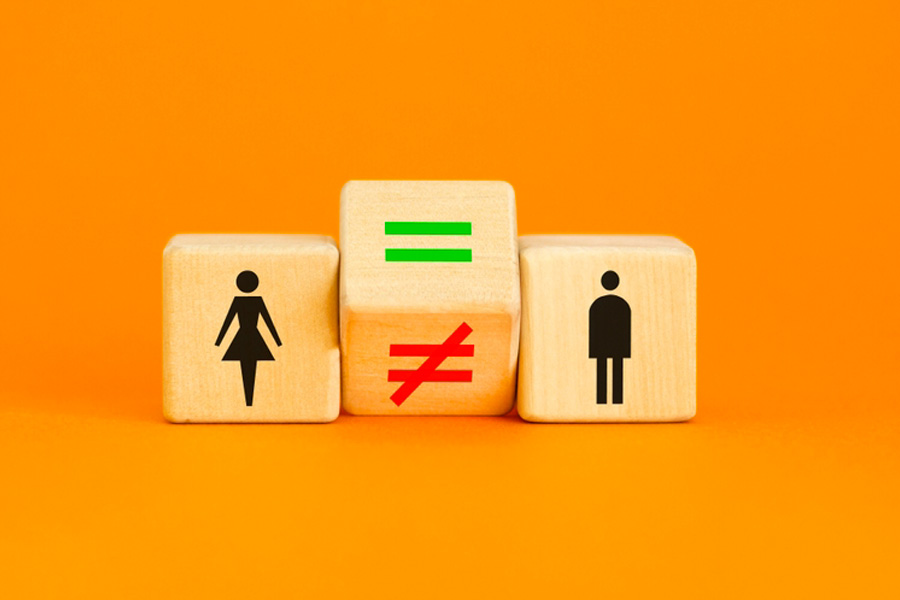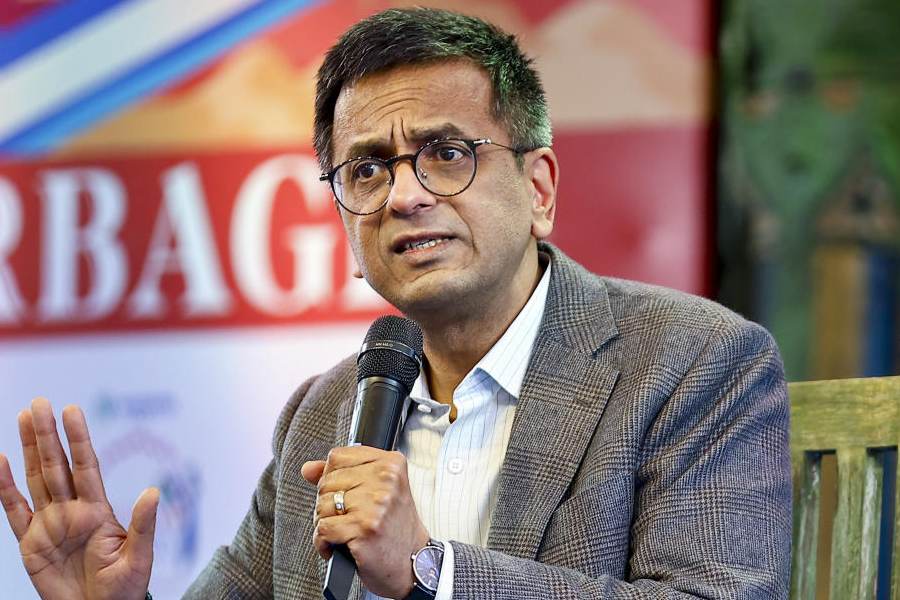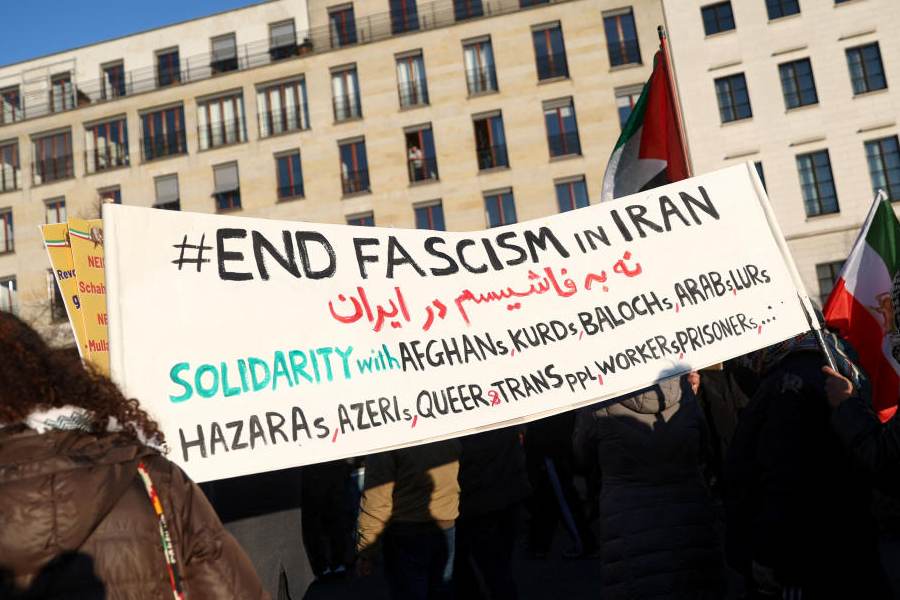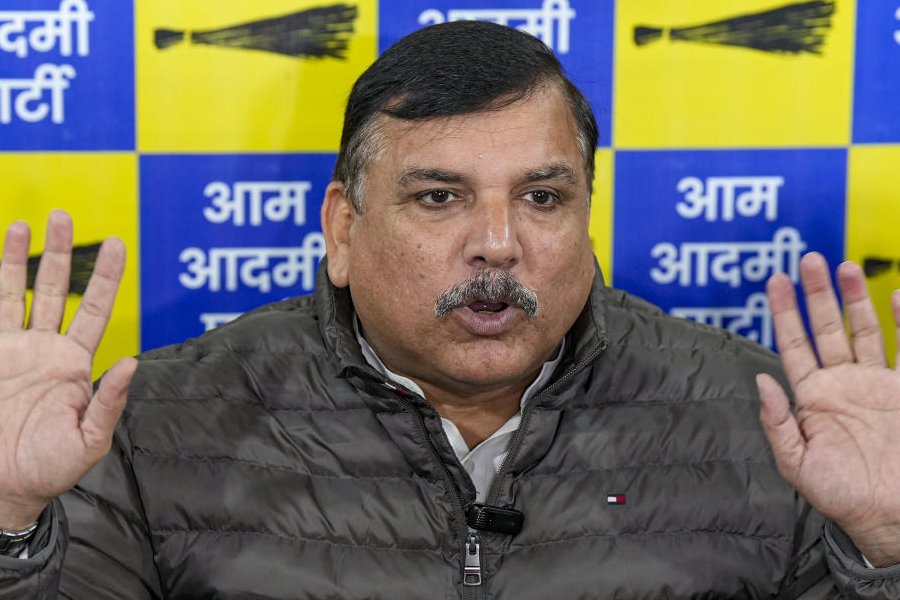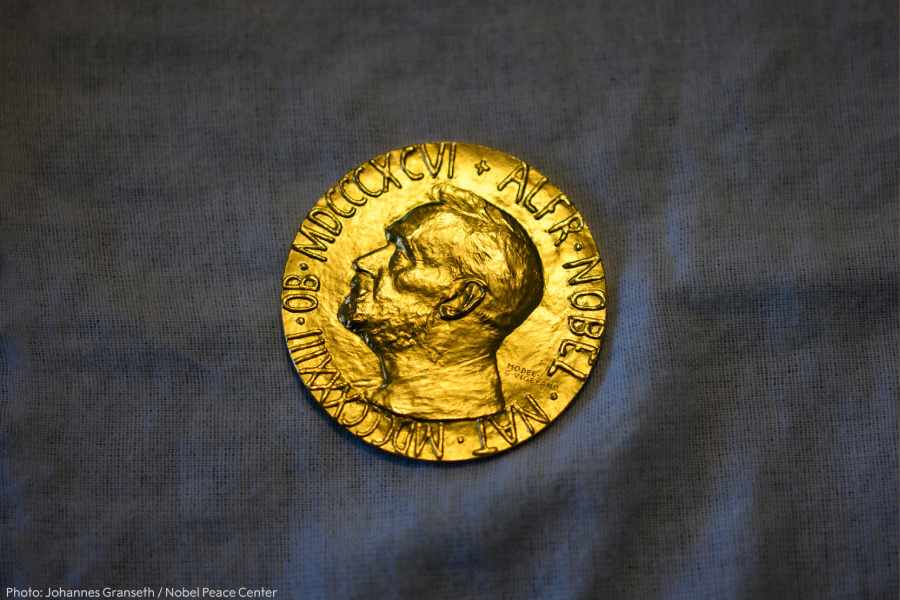I wrote about the Noor Mukadam case last month after the Pakistan Supreme Court upheld the death sentence of her murderer, Zahir Jaffer. This month, I write about another murder. Sana Yousaf, a 17-year-old social media influencer and TikTok star, was murdered at her home in Islamabad by 22-year-old Umar Hayat earlier this month because she had rejected his advances. Sana’s murderer persistently tried to contact her and after repeated rejections, he shot her dead. The police were able to nab him quite swiftly. Islamabad’s inspector general of police, Syed Ali Nasir Rizvi, said that “identifying and finding the accused was extremely important”. He also said that girls/women who choose to become social media influencers “deserve our encouragement and support”.
Noor was brutally murdered after she rejected Zahir’s proposal. Sana was murdered because she rejected her murderer’s ‘offers of friendship’. It seems that men in our part of the world think they have the right to murder women when they say no to them. Sana’s murder reminds us, once again, of the gruesome side of a patriarchal society. It is not easy to be a woman in a country where women are blamed for their murders or where people resort to character assassination of victims of gender violence and do not spare even the dead for not conforming to society’s moral standards.
In such societies, women who are harassed are not believed; they are raped and shamed into silence; if they call out their harassers, they are hounded by those predators through lawsuits; women who step out of their houses for work are seen as easy targets; women politicians are attacked for their gender; television dramas stereotype strong, independent working women in a negative light while ‘obedient’ women who do not take a stand for themselves are the heroines. Such societies expect men to be aggressive and women docile; criticise opinionated women for having an opinion; let men get away with violence while holding everything women do under a microscope.
It was thus not surprising to see that Pakistan has been ranked at the bottom of the World Economic Forum’s Global Gender Gap Index 2025, placing 148th out of 148 countries. Last year, it ranked 145th out of 146 countries with only Sudan behind it. The Global Gender Gap Index assesses gender parity across four key dimensions: economic participation and opportunity, educational attainment, health and survival, and political empowerment. In an editorial titled “Invisible women”, The News rightly pointed out that despite an increase in women legislators in parliament, the state of female representation in power remains bleak. “Of the 31 ministers in the federal cabinet, only one is a woman. This lack of representation is not just symbolic; it is substantive. When women are excluded from policymaking, issues that disproportionately affect them — like underage marriage, workplace harassment and maternity leave — are ignored or delayed. It took years of persistent activism, mostly led by women, to begin to legislate child marriage reform.”
Political parties hardly have any women in decision-making positions apart from a handful. We have had just one female prime minister, the late Benazir Bhutto, and it was only last year that Pakistan elected its first chief minister of any province, Maryam Nawaz. This is just the tip of the iceberg. We have not had a female chief justice of the Supreme Court for over seven decades of independence. Pakistan was the only nation in South Asia that had never had a female Supreme Court judge till the elevation of Justice Ayesha Malik to the top court in 2022. When this is the state of our political parties and our judiciary, what can we expect of others? From the media to other industries, we live in a male-dominated society where being a woman is not easy but where women have demonstrated courage and made a mark in many fields despite all the hurdles. Just this month, the former captain of Pakistan’s women’s cricket team, Sana Mir, became the first Pakistani woman to be inducted into the ICC Hall of Fame. May our women continue to make us proud and break the shackles of patriarchy.
Mehmal Sarfraz is a journalist based in Lahore; mehmal.s@gmail.com

